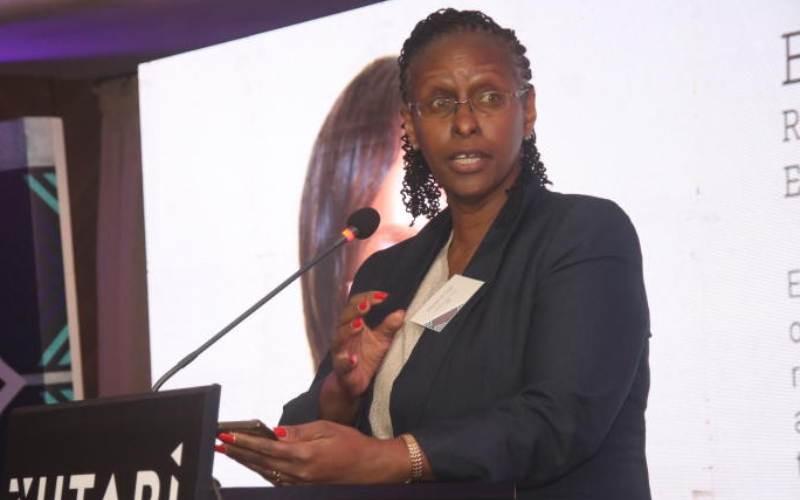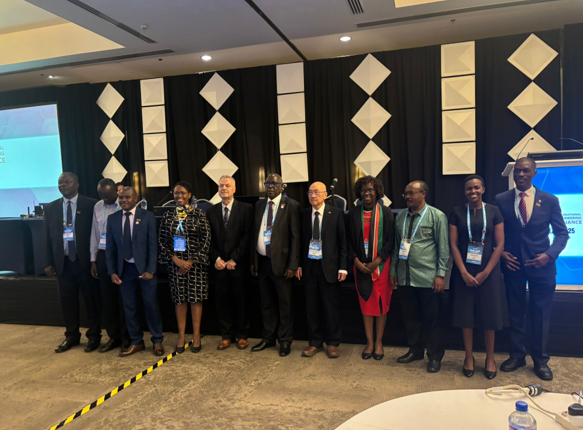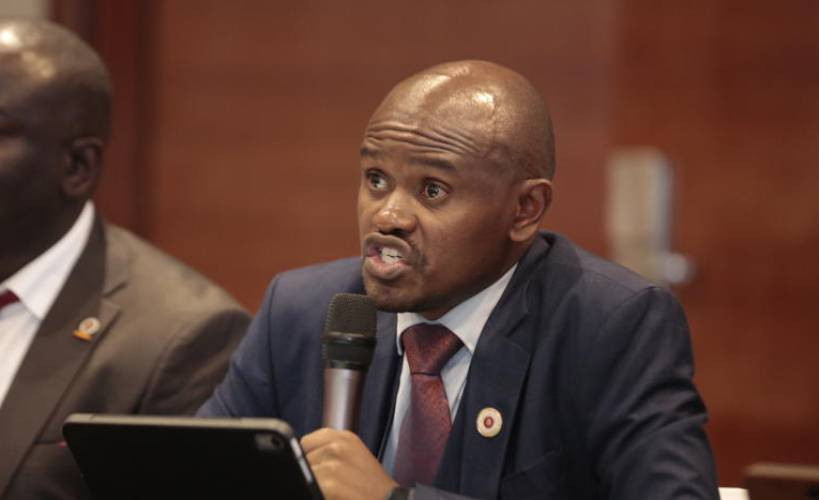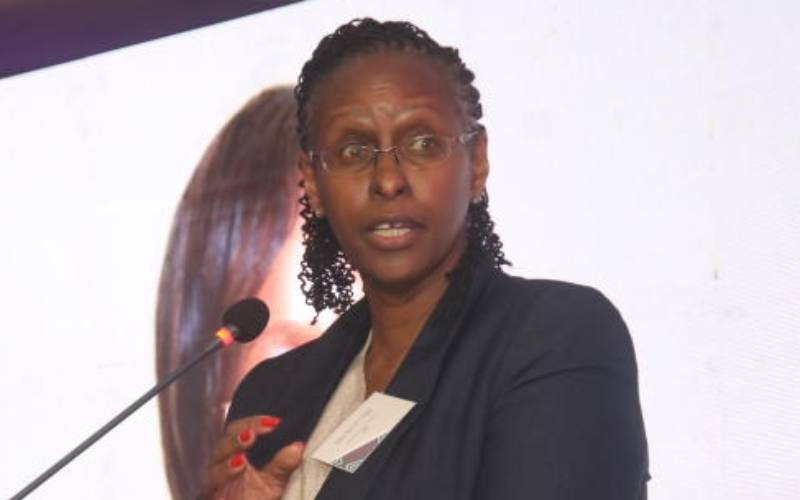
The Engineers Board of Kenya (EBK) is mandated to recognise engineering programs offered both locally and internationally to ensure they meet global standards. As Kenya continues to position itself as a regional and global hub for innovation, infrastructure, and sustainable development, the Engineers Board of Kenya (EBK) has made bold strides toward aligning its engineering education and professional frameworks with international standards. A historic milestone is on the horizon: Kenya is set to accede to Provisional Membership of the Washington Accord in June 2025, following a successful mentorship and assessment process.
The Washington Accord is a multi-lateral agreement that recognises the substantial equivalence of engineering degree programs accredited by its signatories. It allows for the global mobility of engineering graduates, meaning Kenyan engineers trained in locally accredited programs will be eligible to work, register, or pursue further studies in other signatory countries without undergoing extensive requalification.
Kenya’s accession—championed by EBK with support from mentor bodies including the Board of Engineers Malaysia (BEM) and Pakistan Engineering Council (PEC)—marks a pivotal shift in the recognition of Kenyan engineering qualifications.
Implications for Kenya’s Engineers include
Upon joining the Washington Accord, engineering graduates from accredited Kenyan programs will enjoy recognition in over 20 countries, including Australia, Canada, the UK, the US, Japan, and more. This enhances competitiveness and eases access to employment or postgraduate education abroad.
To meet the Accord’s rigorous requirements, EBK has strengthened its accreditation framework, with over 90% of eligible engineering programs recognised to date in collaboration with the Commission for University Education and Council of Engineering Deans and Principals (COEDP).




On the regional front, Kenya is an active member of the East African Community Mutual Recognition Agreement (EAC MRA) for Engineers, facilitating cross-border practice in the region. Moreover, under the African Continental Free Trade Area (ACFFTA), EBK is playing a strategic role in the formulation of the Africa Accord under the Federation of African Engineering Organisations (FAEO). This emerging continental framework will standardise engineering qualifications across Africa and is expected to increase intra-African trade in services from 15% to 25%.
Global accreditation is not just about mobility—it is also about transforming Kenya’s development trajectory. By benchmarking local training to international standards:
EBK’s Graduate Engineers Internship Program (GEIP) places several young engineers in industry each year. With greater international credibility, the program is poised to expand through partnerships, helping to address the current 40% unemployment rate among engineering graduates.
Kenya’s admission to the Washington Accord will be more than symbolic—it is a strategic asset in positioning the country as a knowledge economy. It opens doors to collaborative research, innovation exchanges, and engineering export services.
EBK remains committed to:
The journey to global accreditation is a national win, not just for engineers, but for the entire country. It calls universities, industry, government, and the engineering community to rally behind this transformation. As we prepare for EBK’s presentation at the International Engineering Alliance Meeting (IEAM) in June 2025 in Mexico, we affirm Kenya’s readiness to stand shoulder to shoulder with the world’s top engineering nations.